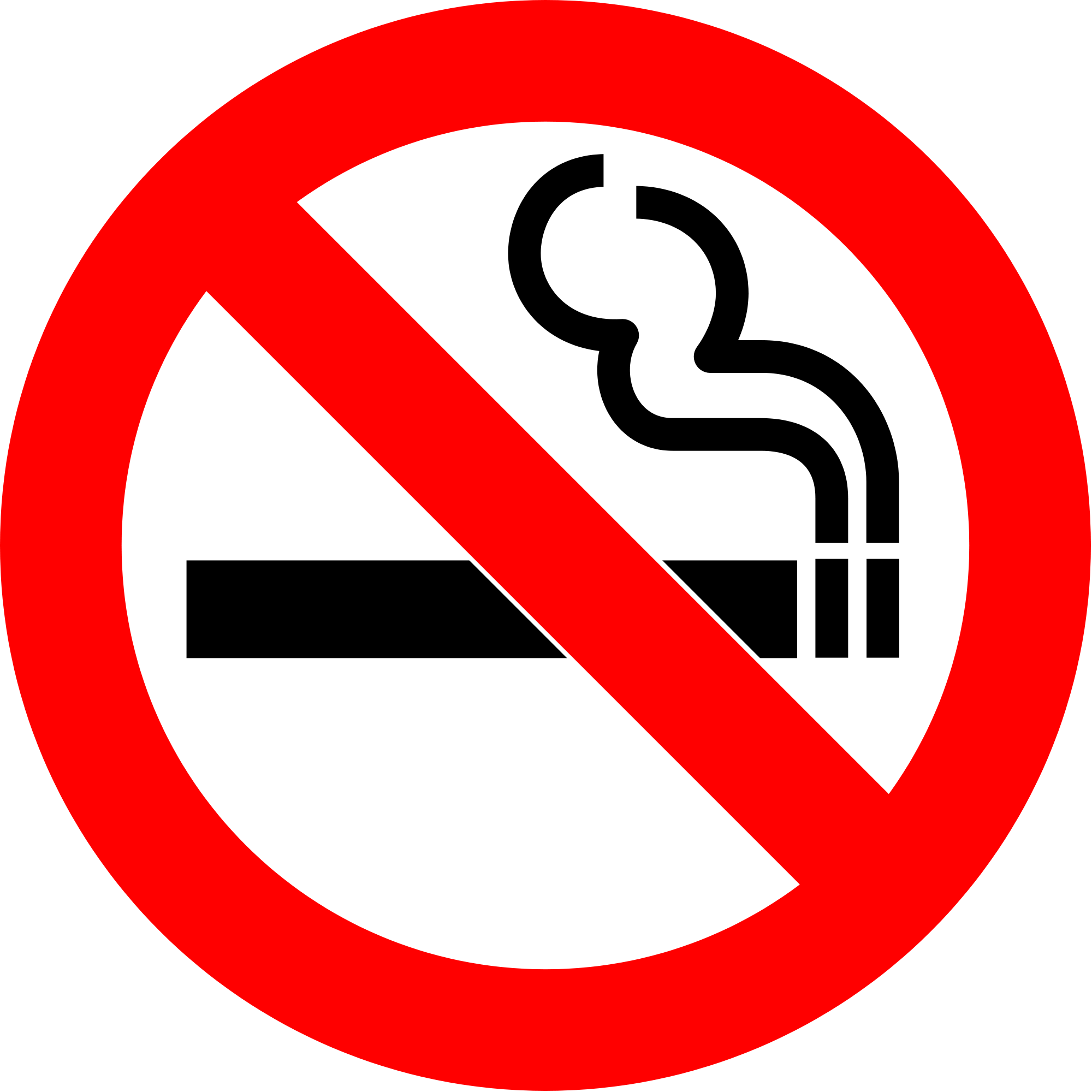A new study has shown how people whose mothers smoked when they were young have a significantly increased risk of breathing problems and developing COPD later on life. The pulmonary disease consists of a group of lung disorders including chronic bronchitis and emphysema that harmfully affects airflow and breathing, to the point where the patient needs artificial oxygen supplement in order to breathe normally. The study was based on 50 years of follow-up on 8,000 youngsters and their parents which included lung function tests and questionnaires about their smoking habits.

There was no link between mothers who smoked less than 20 cigarettes a day, nor with whether the fathers smoked or not. However parents whose mothers smoked more than 20 cigarettes a day had nearly 3 times the risk of airflow obstruction in middle age compared to those who were not exposed as a child. Men seem more susceptible however and have nearly 4 times the risk of developing COPD compared to women who have 2 times the risk. Also interesting was that these figures are not impacted by the individual’s smoking habits as they grew up.
It suggests that mothers smoking is linked to a reduced lung function in offspring when they get to middle-age and that a reduction in lung function in childhood may predispose to having a lesser lung function in adulthood.
The efficiency of oxygen transfer to the blood is also more significantly impaired in smokers who had mothers that smoked heavily.
It was already known that smoking when pregnant resulted in the baby having smaller lungs and that your maximum achieved lung function usually developed by 25 years is lower if parents smoked. The lungs continue to grow for a few years after birth, the number of alveoli increases and smoking exposure limits this growth. This study shows that in addition to affecting growth, parental smoking also leads to lung disease in later life for the offspring.
In addition second-hand smoke causes irritation and inflammation in the airways and chronic scarring of the airways makes them stiffer and smaller contributing to the development of COPD. Children who had parents who smoked are also more likely to be frequent smokers later on in adulthood, which also significantly increases the risk of lung damage and developing respiratory diseases like COPD.
It is becoming even more important that pregnant women and mothers do not smoke around their children as it harms their lungs from the start and predisposes them to a greater risk of lung disease in the future.
References: www.foxnews.com and www.pulseheadlines.com




